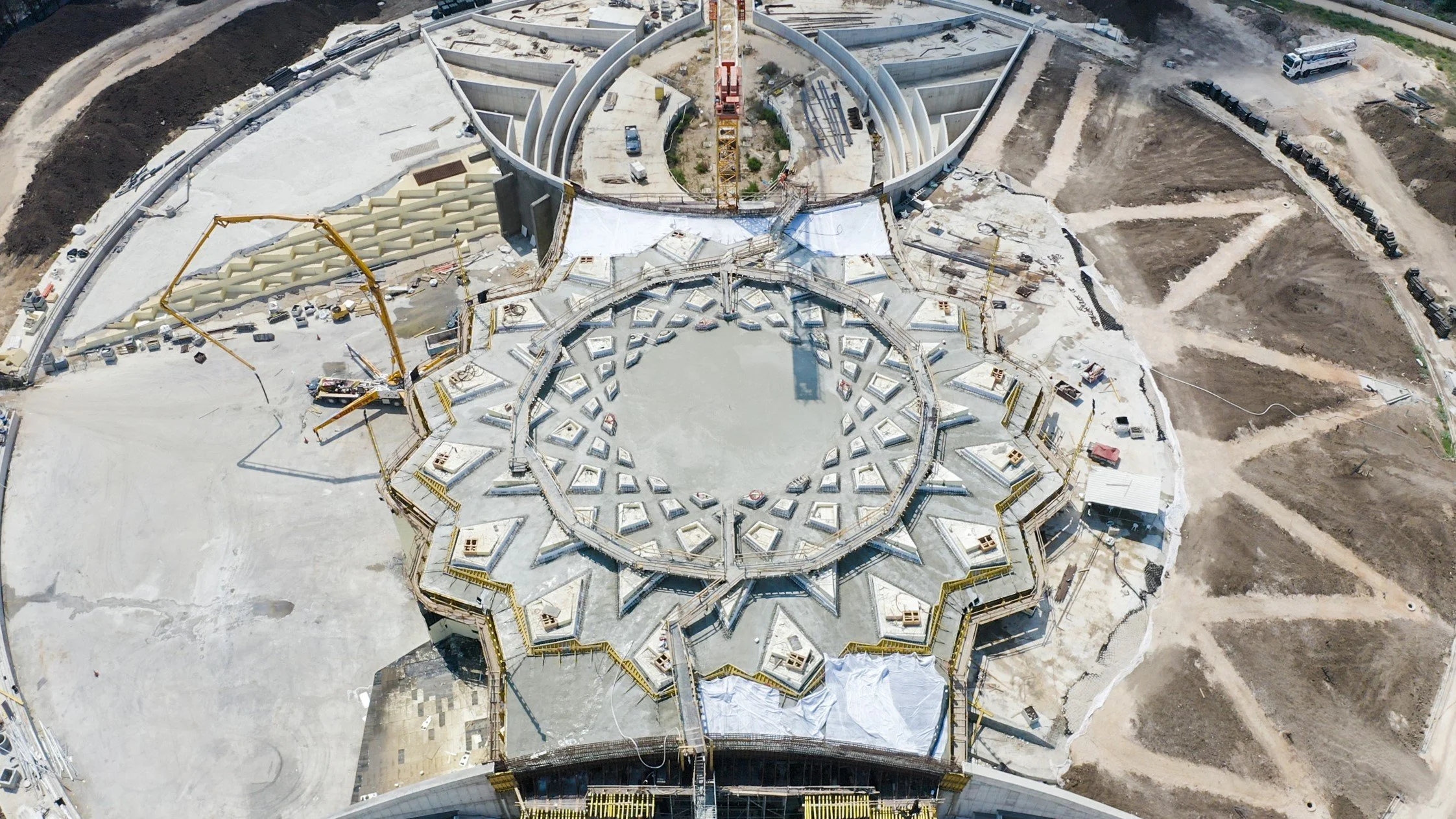Reflecting on the Bahá'í approach to partisan politics
The impending general election presents an opportune moment for Bahá'ís to reflect upon the guidance provided by the Central Figures and the Supreme Body of the Faith, particularly as we find ourselves in circumstances where polarising political issues and policies will be at the forefront of national discourse.
Bahá'u'lláh’s Teachings emphasise the non-involvement in partisan politics, and as such, Bahá'ís are encouraged to refrain from engaging in activities that promote or support specific political parties or candidates. This stance is rooted in several key principles of the Faith, of which a few are highlighted below.
Unity
Bahá'ís believe in, and promote, the unity of humanity, whereas partisan politics often perpetuate division and conflict. By avoiding involvement in partisan politics Bahá'ís avoid the possibility of hypocrisy and we are freed to pursue our aim of contributing to the promotion of unity among people of diverse backgrounds and beliefs. This does not mean that we should not or cannot vote in elections, but it means that we should vote for the individual, regardless of the party to which they belong, who we understand (according to our available knowledge) best embodies qualities and characteristics that reflect the finer aspects of human nature, including an orientation towards serving society. The application of secret balloting is in conformity with Bahá'í election practices and avoids any possibility of disputation arising.
Service to Humanity
Bahá'ís are encouraged to engage in activities that promote the betterment of society and the advancement of social justice. While Bahá'ís do not involve themselves in partisan politics, they are encouraged to be actively involved in community-building efforts, social and economic development projects, and initiatives that aim to address global issues, thereby working to release in ever greater measure the society-building power of the Faith.
Applying an intelligent approach
Bahá'ís are encouraged to be law-abiding citizens and to respect the laws and institutions of authority in their respective countries. Bahá'ís participate in civic activities, such as voting in elections that do not require them to support or promote specific parties or candidates.
As we prepare to engage in the upcoming democratic process, friends should draw on inspiration from the Teachings of Bahá'u'lláh, and the wisdom of the Universal House of Justice. The selection of quotations below explores the essential principles and insights that Bahá'ís should consider when contemplating their role in the political landscape and provides guidance on how we can contribute to the betterment of society while avoiding partisanship and divisive political engagements.
The Guardian wishes me to draw the attention of the friends through you that they should be very careful in their public utterances not to mention any political figures - either side with them or denounce them. This is the first fact to bear in mind. Otherwise they will involve the friends in political matters, which is infinitely dangerous for the Cause.
From a letter written on behalf of Shoghi Effendi, Lights of Guidance, p. 441
In one of His Tablets Bahá’u’lláh warns the Bahá’ís: "Dispute not with anyone concerning the things of this world and its affairs, for God hath abandoned them to such as have set their affection upon them. Out of the whole world He hath chosen for Himself the hearts of men -- hearts which the hosts of revelation and of utterance can subdue." (Gleanings CXXVIII) As you realize, this cannot mean that Bahá’ís must not be controversial since, in many societies, being a Bahá’í is itself a controversial matter. The central importance of this principle of avoidance of politics and controversial matters is that Bahá’ís should not allow themselves to be drawn into the disputes of the many conflicting elements of the society around them. The aim of the Bahá’ís is to reconcile, to heal divisions, to bring about tolerance and mutual respect among men, and this aim is undermined if we allow ourselves to be swept along by the ephemeral passions of others. This does not mean that Bahá’ís cannot collaborate with any non-Bahá’í movement; it does mean that good judgment is required to distinguish those activities and associations which are beneficial and constructive from those which are divisive.
Universal House of Justice, Messages from the Universal House of Justice, 1963-1986, p. 516-517
One area that may be a source of confusion among the friends concerns the distinction drawn in the Bahá’í Writings between elected governmental office holders carrying out their duties, on the one hand, and electoral candidates, on the other. Bahá’ís are the “well-wishers” of the former, praying that they may be guided to take action for the betterment of society; but believers must be strictly neutral in connection with the latter. Of course, candidates who are incumbents fall into both categories. During an election season, however, an incumbent is often an electoral candidate and neither support nor opposition should be expressed for the candidacy. The candidate for whom a Bahá’í votes remains a strictly private matter.
National Spiritual Assembly of the Bahá’ís of the United States, To the American Bahá’í community, September 14, 2012
Links to past Messages from the Universal House of Justice relating to politics can be found by clicking on the buttons below.
Further reading
Readers may also be interested in an in-depth letter on the principle of non-involvement in politics, written on behalf of the Universal House of Justice on 27 April 2017. It is published in the Baha’i Reference Library of the Bahá’í World Centre.






